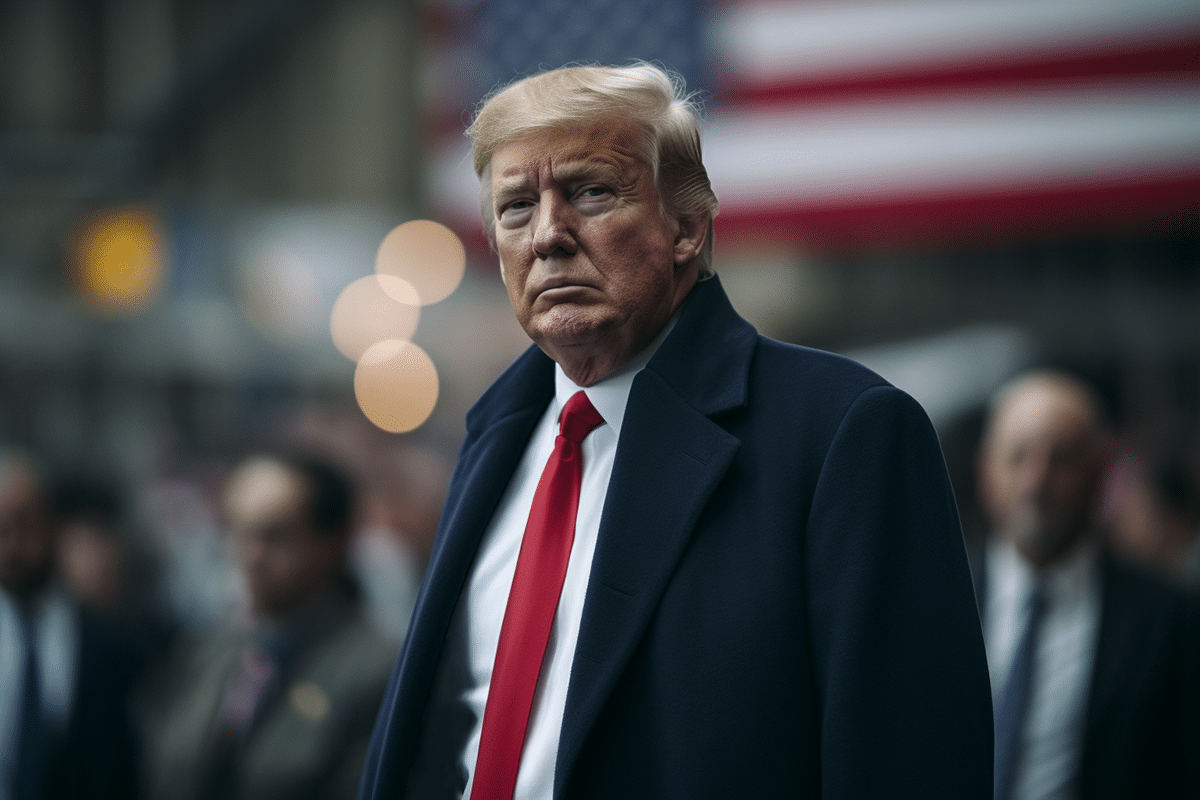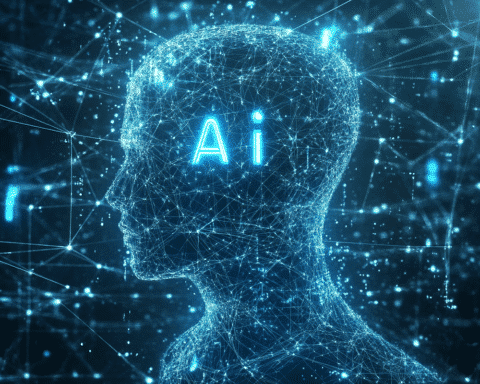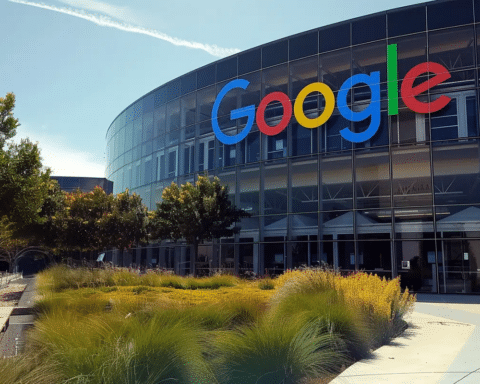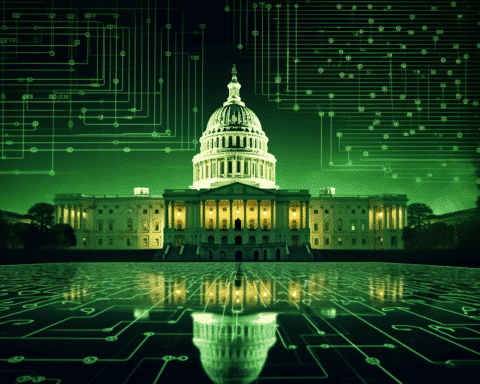Donald Trump’s potential return to the White House brings a renewed focus on artificial intelligence (AI), one of the most transformative technologies of our time. His administration is expected to prioritize AI development while slashing regulations perceived to hinder innovation. Central to this effort will be Elon Musk, a tech billionaire and vocal critic of government oversight, who is set to co-lead a new “Department of Government Efficiency” (DOGE).
Repealing Biden’s AI Policies
A significant policy shift is anticipated as the Republican Party plans to repeal an executive order signed by President Joe Biden. This order aimed to address national security risks, prevent discrimination in AI systems, and establish safeguards against emerging threats. Republicans argue that the order imposes unnecessary constraints, labeling it as an impediment to technological progress.
The removal of this executive order could dismantle key measures, including the AI Safety Institute, which was tasked with scrutinizing advanced AI models for potential risks before their release. Critics of the rollback worry that this could undermine existing safeguards, leaving the nation vulnerable to unchecked AI developments.
The Growing Risks of AI
AI’s rapid advancements present significant risks across various domains. Without proper regulation, these risks could escalate, affecting critical aspects of society.
- Discrimination: AI systems often perpetuate societal biases because they are trained on historical data that reflects existing prejudices. This can lead to discriminatory practices in hiring, lending, and law enforcement, where predictive AI tools may disproportionately target certain communities.
- Disinformation: AI-generated content, including fake images, videos, and audio, has been used to manipulate public opinion, harass individuals, and spread falsehoods. Recent incidents included AI-generated images shared during the presidential election and robocalls impersonating public figures. These tools also create opportunities for election interference by domestic and foreign actors.
- Misuse and Existential Threats: Advanced AI systems pose broader risks, including enabling cyberattacks, developing autonomous weapons, and escaping human control. Experts have highlighted the catastrophic potential of AI, warning of scenarios that could compromise national security or even threaten humanity’s survival.
Challenges of Fragmented Regulation
Current efforts to regulate AI in the United States remain fragmented. Some Democrat-led states, such as Colorado and New York, have implemented their own AI laws. New York, for instance, mandates independent audits to ensure bias-free AI recruitment systems. However, these state-level initiatives lack the coherence of a unified federal strategy.
Biden’s administration also secured voluntary commitments from leading tech companies to enhance AI safety, but these measures are non-binding, raising questions about their effectiveness.
Musk’s Dual Role in Innovation and Regulation
Elon Musk’s involvement in shaping AI policy adds a complex layer to the debate. While he has consistently expressed concerns about the existential risks of AI, his companies, including Tesla and xAI, continue to heavily invest in AI projects. Musk previously supported a California bill designed to prevent catastrophic AI outcomes, but it was vetoed over concerns that it could stifle innovation.
Musk’s leadership in the Trump administration could influence the trajectory of AI regulation. Although he may push for measures to address catastrophic risks, his stance on innovation-friendly policies aligns with the administration’s broader deregulatory agenda.
Balancing Innovation and Risk
As Trump’s administration considers changes to AI policies, balancing innovation with safety will be a critical challenge. Incoming Vice President JD Vance has emphasized the importance of avoiding overregulation, cautioning against policies that could entrench existing tech incumbents while stifling new competitors. However, this approach risks leaving critical vulnerabilities unaddressed.
The focus on fostering innovation could drive significant economic growth, but experts warn that ignoring the broader societal and existential risks of AI could have dire consequences. With Musk at the helm of DOGE, the future of AI regulation in the United States remains uncertain.
Trump’s second term could mark a turning point in AI policy, with decisions that will shape the nation’s technological landscape for years to come. Whether these policies enhance safety or exacerbate risks will depend on how effectively the administration navigates this complex and rapidly evolving domain.




